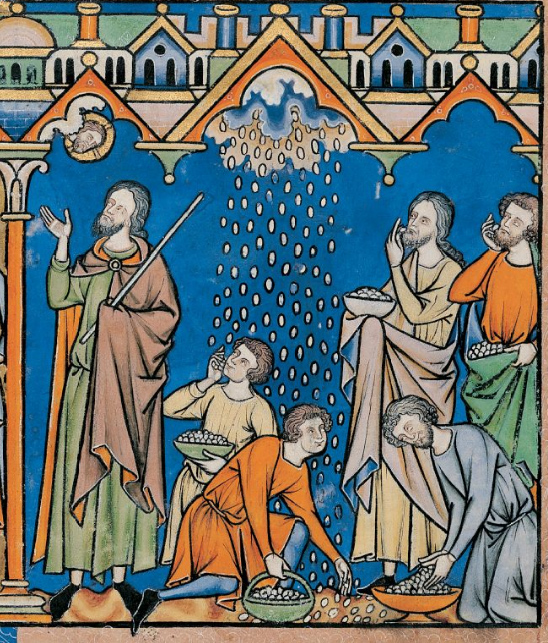On Monday evening, Archbishop Vincent Nichols came to give a lecture about the impact of faith on society, and touched on various principles of Catholic social ethics, including subsidiarity and the common good. He proposed an analogy for the common good that I found quite helpful. That is, the common good is not an addition sum, where the rights and needs of various groups within society are added together. Rather, it is more like a multiplication sum, in that as far as any group's needs are ignored (given a value of 0), then the sum of the equation, the common good, is also in some way negated (given a value of 0).
* * *
We live in a society that does marvellous work in many areas. We give to charities. We have a health system that provides healthcare access for all. We pride ourselves on, and to a certain degree have, toleration for varying beliefs and cultural traditions. But the rights of certain groups are ignored, or at least questioned. The unborn are an obvious group, whose fundamental right to life is ignored. The Equality Act (Sexual Orientation) Regulations, themselves allegedly protecting aginst unjust discrimination, are a means by which peaceful professions of faith are limited to what is in vogue with the current government, and it impinges upon the rights of conscience. The elderly are not always seen as having intrinsic worth, but sometimes are sidelined as living "a poor quality of life" that is better terminated. These are generalisations, I know, but nonetheless discernable for all that. And they suggest a tension between various understandings of social ethics today. Pope Benedict, in his speech to politicians in Westminster Hall, challenged us to recover a sense of a common ethical foundation for the common good in society:
"What are the requirements that governments may reasonably impose upon citizens, and how far do they extend? By appeal to what authority can moral dilemmas be solved? These questions take us directly to the ethical foundations of civil discourse. If the moral principles underpinning the democratic proces are themselves determined by nothing more solid than social consensus, then the fragility of the process becomes all too evident - herein lies the real challenge for democracy."
Our choice is the choice of the Gospel parable to build our house on sand or on rock. If society is built on the sand of social consensus, then the worst human atrocities are possible and even inevitable. If it is built on rock, then it will weather the storm of changing fashion.















